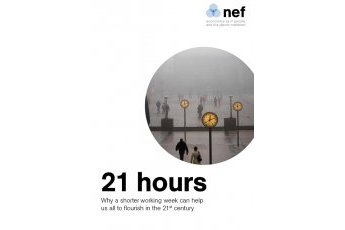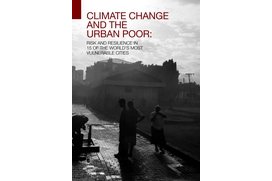Since Afghanistan now grows the opium poppies that provide more than 90% of the world’s opium, the raw material for the production of heroin, it’s not surprising that drug-trade news and war news intersect from time to time. More surprising is how seldom poppy growing and the drug trade are (…)


